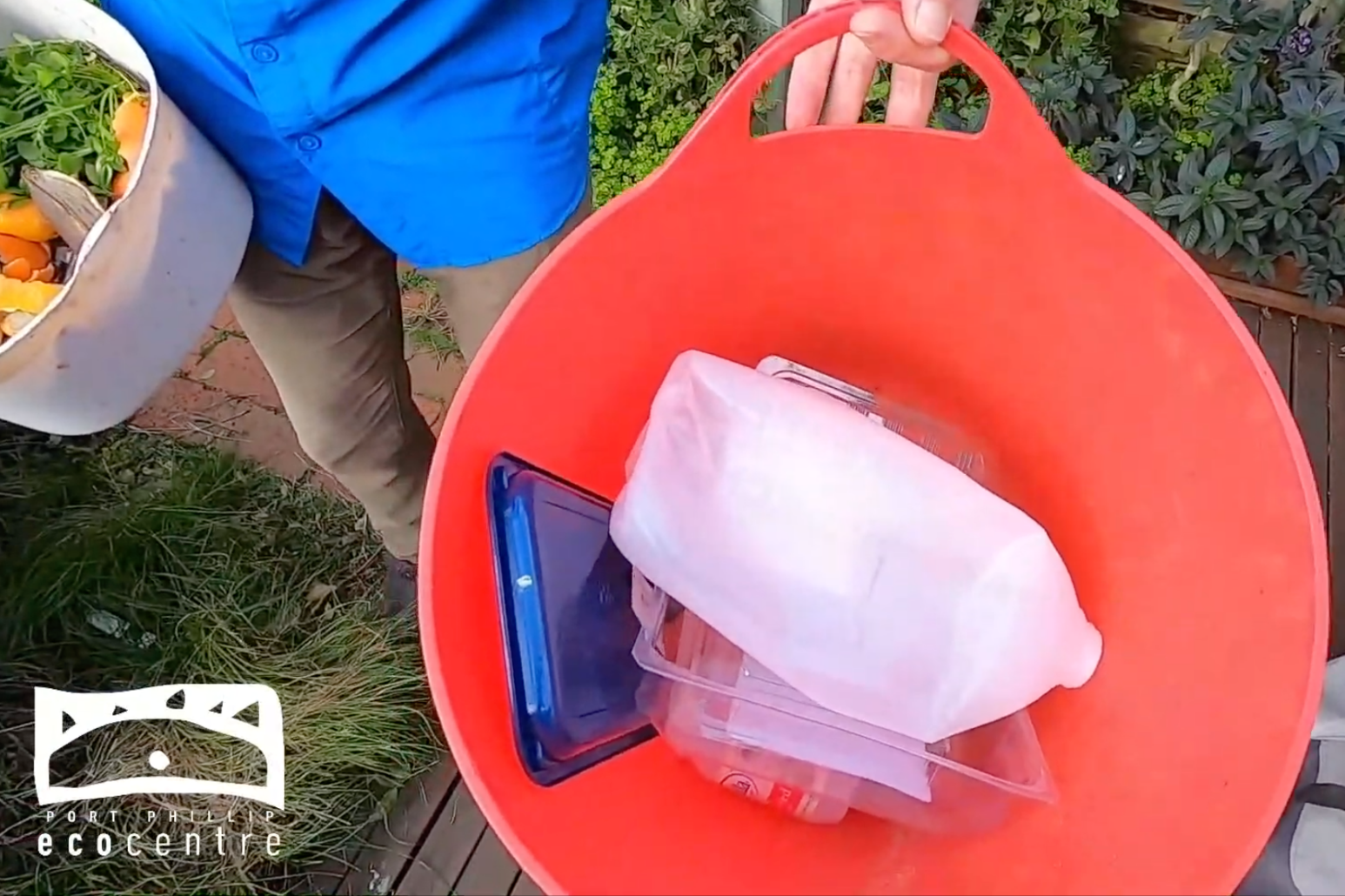Litter in our Waterways
About the Program
Litter is a major problem in our waterways, especially our seas and oceans where most of the litter ultimately ends up.
In this program, students will learn about the main types of waste and litter, and how plastic litter travels from our suburbs into our precious Port Phillip Bay. They will learn about the devastating effects that plastics have on our native wildlife, especially our marine life. Students will discover how we can help these species by reducing our use of plastics, especially packaging, and stop them from entering our waterways at the source. Following the presentation will be a Q&A session where students will have the opportunity to interact with an EcoCentre expert.
Key Concepts & Questions
• What are the main types of waste?
• How does plastic litter get to the ocean?
• What is the major problem with plastic litter?
• What effect does litter have on our marine environment?
• What can we do to help this situation?
Program Overview
Location:
OnlineIncursion Duration:
45 minsYear Level:
Prep – Year 6Group Size:
20-50Cost:
$150 +GST for up to 50 studentsProgram Themes:
Waste, litter, waterways, plastics, marine wildlifeLearning Outcomes
• F-2 Reasons why some places are special and some places are important to people and how they can be looked after (VCGGK069)
• 3-4 Types of natural vegetation and the significance of vegetation to the environment, the importance of environments to animals and people, and different views on how they can be protected; the use and management of natural resources and waste, and different views on how to do this sustainably (VCGGK082)
• 5-6 Scientific understandings, discoveries and inventions are used to inform personal and community decisions and to solve problems that directly affect people’s lives (VCSSU073)
Program Outline
In this sessions students will explore an online presentation to learn about:
• The main categories of waste and litter
• The movement of plastic litter from the suburbs to the Bay
• The devastating effects of plastics on our marine environment
• What we can do to reduce or eliminate this problem
After the presentation, there will be a Q&A session with an EcoCentre educator. Students will also be encouraged to carry out follow up activities from the resources provided.
Logistics
This incursion is delivered online using Zoom. A teacher and class can join the session from the classroom or remotely from home. A meeting link and instructions will be sent out with the booking confirmation. Minimum group size is 20, maximum group size is 50.
An invoice will be forwarded after the incursion is completed. The fee covers our programs administration costs. Please book your incursion at least 7 days in advance – we are unable to accept last-minute bookings.

